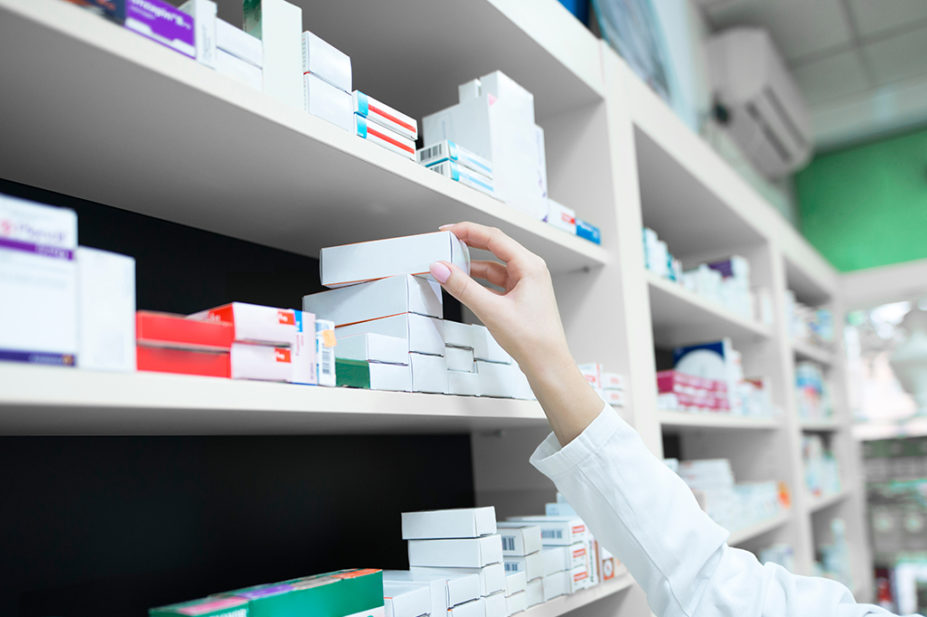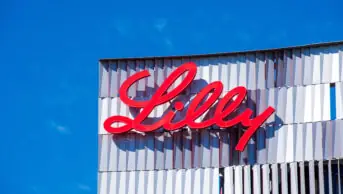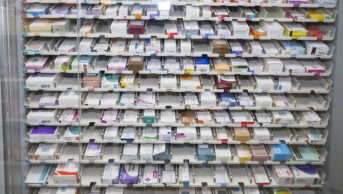
Shutterstock.com
Members of the British Generic Manufacturers Association (BGMA) have warned that they would cut back on medicine supplies to the UK if tax rates on company profits continue to increase, the association’s chief executive has said.
Speaking at the Healthcare Distribution Association’s annual conference in London on 25 January 2023, Mark Samuels said the BGMA conducted modelling to understand the impact of increasing tax rates on its members through the ‘Voluntary scheme for branded medicines pricing and access’ (VPAS).
“This modelling was done before we knew what this year’s rate is,” said Samuels, adding that members were therefore asked what impact a 30% VPAS rate would have.
In December 2022, the UK government announced that manufacturers signed up to the VPAS would need to pay the government 26.5% of their net income from sales of branded medicines to the NHS in 2023, which Samuels said was “clearly in the order magnitude” of BGMA’s modelling.
“The data show that, up to a 30% tax rate, half of all our members’ biosimilar licenses will be considered for cancellation; 51% of branded generic licenses and 76% of current biosimilar licenses may be considered for pause in supply,” he said.
A slide shown during Samuels’ speech added that “65% of members’ branded generic lines and 70% of members’ biosimilar lines will be considered for reduction in medicine volumes supplied”.
Describing the numbers as “horrific”, Samuels said “the medicine shortages risk is increased considerably by the current VPAS”.
“I think the government has taken it for granted that we’ve all grown up being able to go to our GP, get a prescription, go to the pharmacist, get the medicine. And we all assume that that can continue, but it’s under threat,” he said.
“We’re now starting to see the shortages rate for medicines increase. If you look at how many of them are branded generics affected by this tax — in the Department of Health and Social Care’s own data [on medicines shortages], 44% of them in the most recent data were branded generics … that’s the highest it’s ever been.
“So, this is already causing shortages at the highest level they’ve ever been for branded generic products.”
In January 2023, AbbVie and Eli Lilly announced that they had left the voluntary scheme in favour of the ‘Statutory Scheme for Branded Medicines’, with a spokesperson for the Association of the British Pharmaceutical Industry (ABPI) telling The Pharmaceutical Journal that the manufacturers are “increasingly struggling to justify what is theoretically a voluntary scheme to global boardrooms, which is so out of kilter to global norms”.
The statutory scheme currently requires manufacturers to repay 24.4% of their net income from the sale of branded medicines. However, a government consultation may lead to an increase to 27.5% from 1 April 2023, with its own impact assessment admitting a ‘remote risk’ that drug manufacturers will withdraw supply as a result.
In a post on LinkedIn in December 2022, Kim Innes, general manager of Teva UK and Ireland, said the latest VPAS rate is “unsustainable and risks patients’ access to medicines in the future”.
“Branded generics and biosimilars are included in VPAS even though they’re already subject to fierce market competition, driving lower prices and significant savings to the NHS,” she said.
“These medicines are provided at low margins by companies like Teva, so adding the flat rate VPAS levy to branded generics and biosimilar companies on top of these savings is unreasonable.”
Following the announcement of increased repayment rates under the VPAS in December 2022, the ABPI warned that manufacturers would be required to return almost £3.3bn in sales revenue to the government, up from around £0.6bn in 2021 and £1.8bn in 2022.


